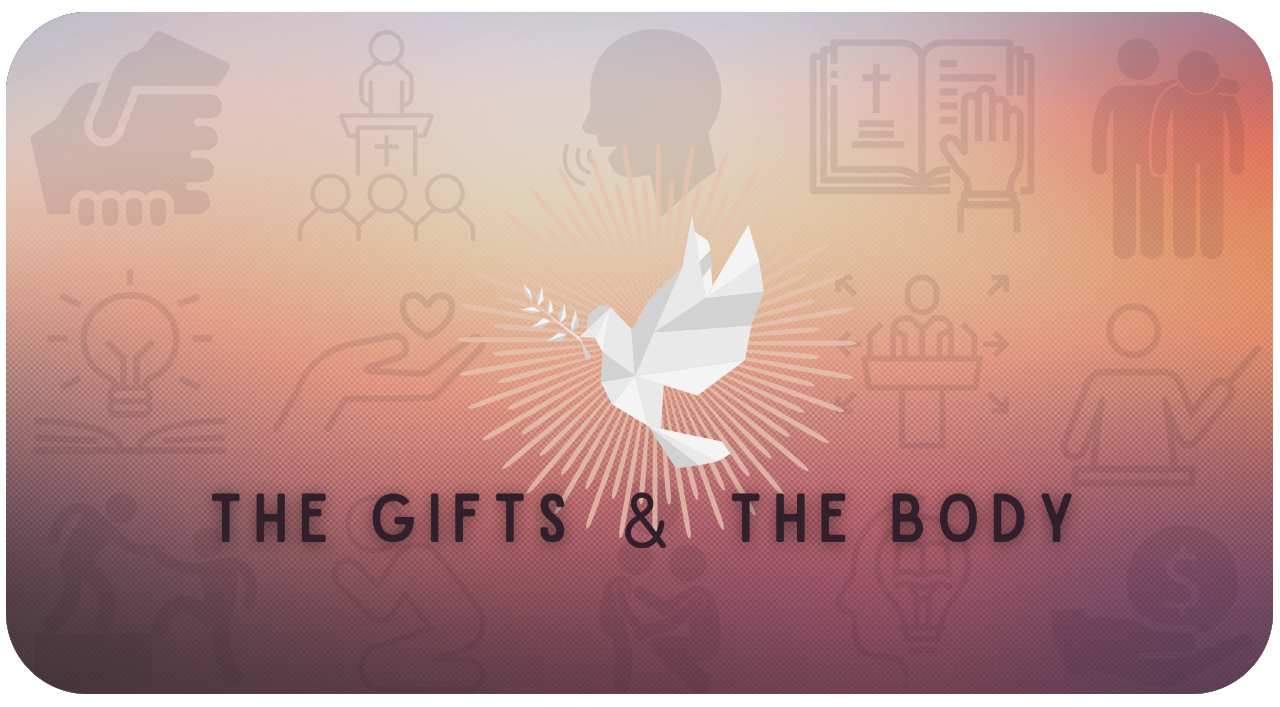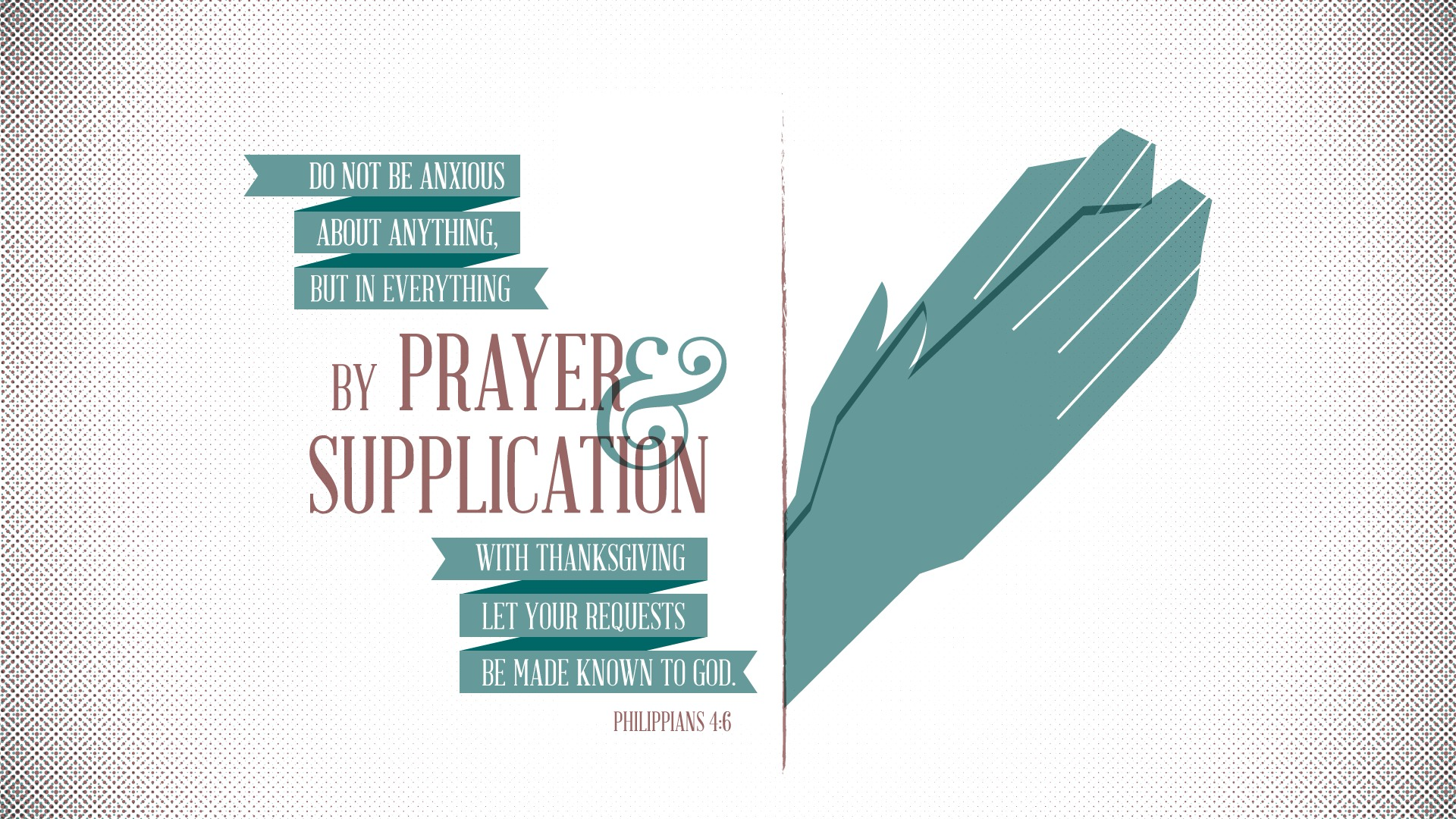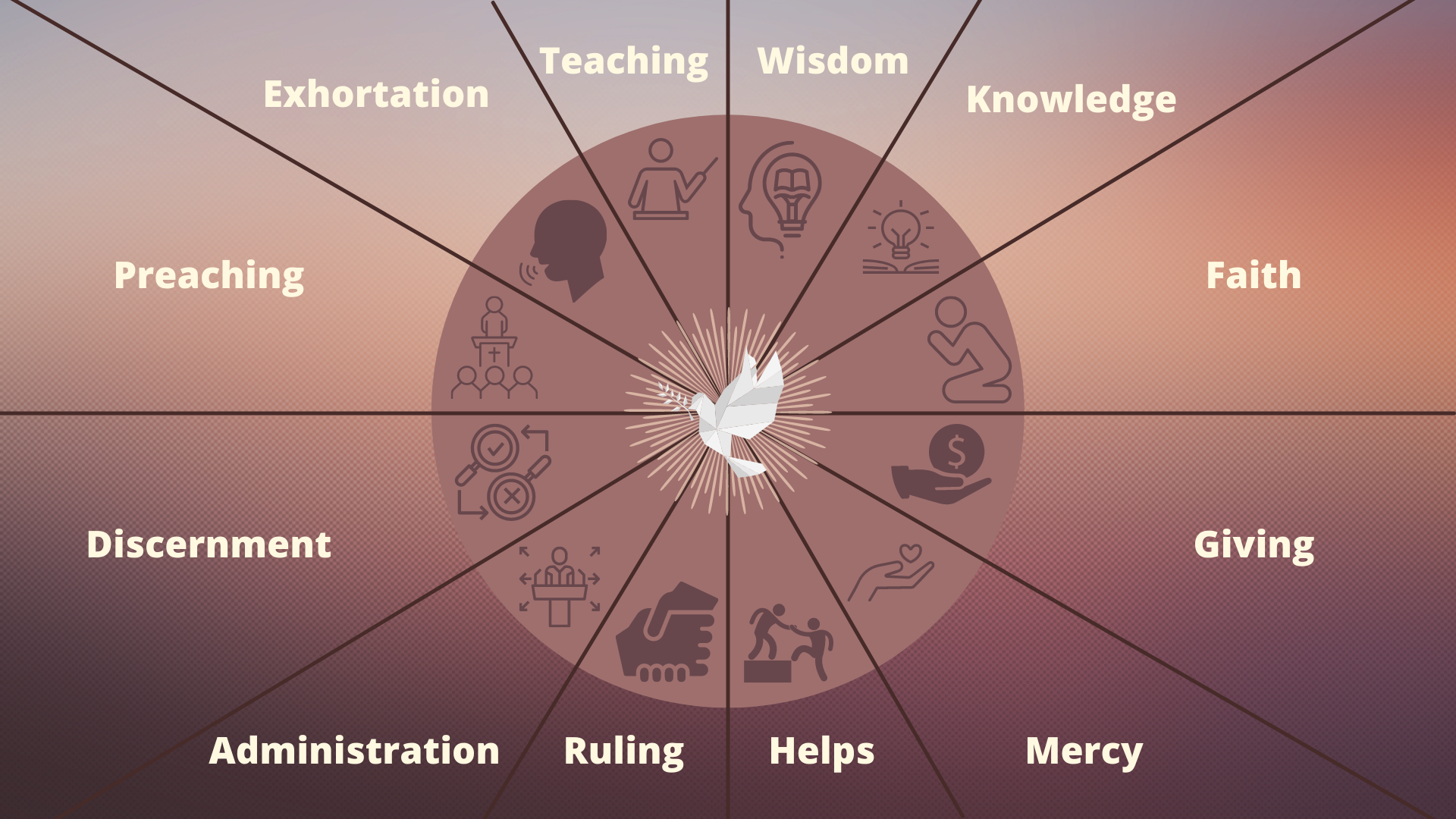The Gifts & The Body 26: Grasping Corinth
Starting the Year off Right
Facts on Anxiety
Anxiety disorders are the most common mental illness in the U.S., affecting 40 million adults in the United States age 18 and older, or 18.1% of the population every year.
Generalized Anxiety Disorder (GAD)
GAD affects 6.8 million adults, or 3.1% of the U.S. population, yet only 43.2% are receiving treatment.
Women are twice as likely to be affected as men. GAD often co-occurs with major depression.
Panic Disorder (PD)
PD affects 6 million adults, or 2.7% of the U.S. population.
Women are twice as likely to be affected as men.
Social Anxiety Disorder
SAD affects 15 million adults, or 6.8% of the U.S. population.
SAD is equally common among men and women and typically begins around age 13. According to a 2007 ADAA survey, 36% of people with social anxiety disorder report experiencing symptoms for 10 or more years before seeking help.
"The Bible is a finished and complete revelation entirely sufficient for its divinely intended purpose. It need not be supplemented by reason, experience, tradition, other religions, or anything else. It does not wait to be sufficient until it encounters the individual nor does it cease to be sufficient when rejected or ignored by the same."
Rolland McCune, A Systematic Theology of Biblical Christianity: Prolegomena and the Doctrines of Scripture, God, and Angels, vol. 1 (Allen Park, MI: Detroit Baptist Theological Seminary, 2009), 61.
We Can Trust God's Word
"Trust in yourself, and you are doomed to disappointment; trust in your friends, and they will die and leave you; trust in reputation, and some slanderous tongue may blast it; but trust in God, and you are never to be confounded in time or eternity."
-D.L. Moody
Emmanuel, God with Us
That's Not Candy
The Gifts & The Body 25: Koinonia Culture Part 3
Vengeance and the Attributes of God
Omniscience- God knows the entire situation completely, even down to the intentions of each person's heart.
Justice- God knows the exact measurements of the wrong for all parties involved. He is not swayed by opinion and He cannot be "paid off" to render a false verdict.
Goodness- God is compassionate, especially to the wrong-doer! His vengeance against them is tempered with His goodness so that His wrath is exact, not excessive.
Eternality- God has seen every wrong imaginable. He sees our current situation. He promises a complete vindication!
Mercy- God has been wronged in every possible way. Every sin is first and foremost a sin against Him. It is always personal. He is able to sympathize with those who have been wronged because He has been there to a greater degree.
The Gifts & The Body 24: Koinonia Culture Part 2
The Body & The Gifts 23: Koinonia Culture Part 1
"The word “spirit” (pneuma (πνευμα)) refers to the human spirit as that part of man which gives him God-consciousness, or to the attitude or disposition of a man, as “that man’s spirit is good,” or to the Holy Spirit. The definite article appears before it in the Greek text. The absence of the Greek definite article emphasizes character.
If that were absent here, the reference would be to the disposition or attitude of a person. The presence of the article points to the Holy Spirit. It is the locative of sphere. That is, Paul exhorts to fervency in the Christian life which is engendered by the Spirit, not produced by the flesh (self-effort)."
The Body & The Gifts 22: The Spiritual Gift of Mercy
The Gift of "Mercy"- "the outward manifestation of pity; it assumes need on the part of him who receives it, and resources adequate to meet the need on the part of him who shows it."
W. E. Vine, Merrill F. Unger, and William White Jr., Vine’s Complete Expository Dictionary of Old and New Testament Words (Nashville, TN: T. Nelson, 1996), 403.
The Gift of "Mercy"- "to feel sympathy with the misery of another, especially such sympathy which manifests itself in action, less frequently in word."
Kenneth S. Wuest, Wuest’s Word Studies from the Greek New Testament: For the English Reader, vol. 1 (Grand Rapids: Eerdmans, 1997), 107.
The Spiritual Gift of Mercy-
The God-given ability to be sensitive or empathetic to people who are in affliction or misery and to lift internal burdens with cheerfulness. (Romans 12:8)
Perceptive to people in need
Find it hard to say “no” when asked to help
Jump in quickly to help – sometimes without evaluating fully
Lay aside personal desires and personal plans to help others
A peacemaker
Avoid arguments or controversial situations
Rely heavily on feelings (sometimes hold them inside)
Love people despite their faults
Cheerful
Try to find the best in people without doubting them
"Mercy is a form of love determined by the state or condition of its objects. Their state is one of suffering and need, while they may be unworthy or ill-deserving. Mercy is at once the disposition of love respecting such, and the kindly ministry of love for their relief."
John Miley, Systematic Theology, Volume 1 (New York: Hunt & Eaton, 1892), 209.







